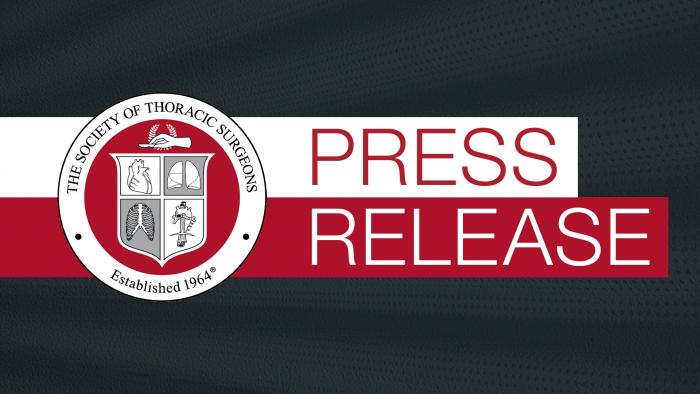The 2021 C. Walton Lillehei Lecture was presented during The Society of Thoracic Surgeons 57th Annual Meeting by Paul G. Yock, MD, MA, founder and director of the Stanford Byers Center for Biodesign in California.
During the lecture, Dr. Yock encourage participants to view innovation as a discipline—one that can be taught, practiced, and recreated. He acknowledged, though, that comprehensive innovation can be difficult in the health care setting because it involves multiple stakeholders. He likened the “user” in this scenario to an “eight-headed monster.”
